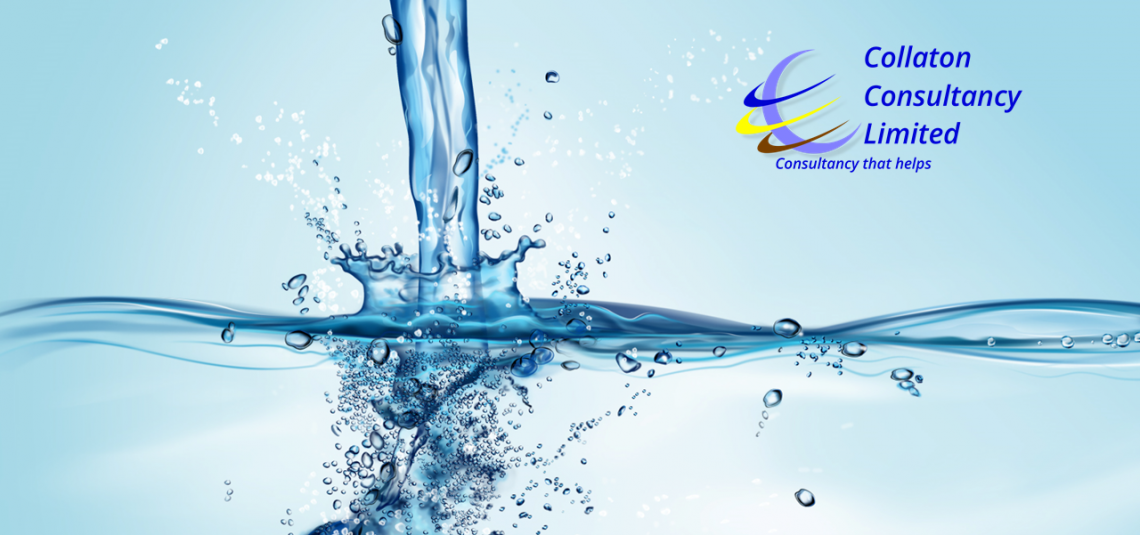50% of cases of Legionnaires’ disease in England and Wales in 2019 were caused by travel in the UK and overseas. A large proportion of these cases will be associated with Hotels.

The press often runs articles of people coming back from holiday reputedly having caught Legionnaires’ disease from the hotel they were staying in. So if you own or manage a hotel you should be aware of the guidelines for preventing Legionnaires’ disease being associated with your Hotel.
In the UK we use the Approved Code of Practice, L8 and HSG 274 Parts 1, 2 and 3, if you have a spa bath the HSG 282 is also important. There is therefore lots of guidance available and lots of companies who can help you implement these documents.
If you are a European Hotel then there is also European guidance to help you in the form of two documents:
- Information about Legionnaires’ disease for managers of tourist accommodation.
- EWGLI Technical Guidelines for Investigation, Control and Prevention of Travel Associated Legionnaires’ disease
Both documents are available from this link and the 15 point plan is available in many languages.
Or can be downloaded here.
These are two important documents as any solicitor pursuing a case against a Hotel will refer to these two documents.
You should therefore be able to prove, with appropriate records, that you have complied with the 15 point plan which involves:
- Have one named person responsible for Legionella control.
- Ensure the named person has sufficient training and experience to be able to carry out the role competently and other staff are trained to be aware of the importance of their role in controlling Legionella.
- Keep hot water hot and circulating at all times: 50°C – 60°C (too hot to put hands into for more than a few seconds) throughout the entire hot water system.
- Keep cold water cold at all times. It should be maintained at temperatures below 20°C throughout the system to all outlets (this may not be possible when the ambient temperature is high, but every effort should be made to ensure that cold water entering the premises and in storage remains as cold as possible).
- Run all taps and showers in guest rooms and other areas for several minutes to draw through water (until it reaches the temperatures stated in points 3 and 4) at least once a week if rooms are unoccupied, and always prior to occupation.
- Keep shower heads and taps clean and free from scale.
- Clean and disinfect cooling towers and associated pipes used in air conditioning systems regularly – at least twice per year.
- Clean, drain and disinfect water heaters (calorifiers) once per year.
- Disinfect the hot water system with high level (50mg/l) chlorine for 2–4 hours after work on the system and water heaters and before the beginning of every season.
- Clean and disinfect all water filters regularly, as directed by the manufacturer, at least every one to three months.
- Inspect water storage tanks, cooling towers and visible pipe work monthly. Ensure that all coverings are intact and firmly in place.
- Inspect the inside of cold water tanks at least once per year and disinfect with 50mg/l chlorine and clean if containing a deposit or otherwise dirty.
- Ensure that when carrying out system modifications or new installations they do not create pipework with intermittent or no water flow, and disinfect the system following any work.
- If there is a spa pool (also known as whirlpool spas, ‘Jacuzzis’, spa baths), ensure that: − it is continuously treated with 2–3mg/l chlorine or bromine and the levels and pH are monitored at least three times per day; − at least half of the water is replaced each day; − sand filters are backwashed daily; − the whole system is cleaned and disinfected once per week.
- Keep daily records of all water treatment readings, such as temperature, pH and chlorine concentrations and ensure they are checked regularly by the manager.
The keeping of records to prove that this is being carried out is vital to ensuring you aren’t on the wrong end of a claim. It should not be a “tick box” excercise either, full records identifying what was carried out, by whom and when are important. These records should be regualrly reviewed by the Responsible Person to check for problems so they can be quickly resolved.
As an Expert Witness I regularly see these records when acting for either a claimant or a Hotel and in many cases the records are inadequate so anyone involved in a Hotel, or a Holiday Company, should pay close attention to the quality of these records.
Whilst it is important to complete these records it is also important to ensure that the recommended tasks are being carried out as they can minimise the opportunity for Legionella to proliferate in the water systems.
Unfortunately the 15 point plan does not cover all the possible water systems that are potentially on Hotel premises so attention should be paid to any water used at the Hotel. This can include irrigation, water features, some types of saunas, beachfront showers, any form of misting whether it is over food or people and a host of other possibilities. You should therefore look at your Hotel water use and consider all possibilities to ensure that you minimise the risks to guests, staff and public alike.
If you would like any help or advice in managing water within your Hotel, or are a solicitor looking for an Expert Witness, then contact Collaton Consultancy Limited for more help.
Collaton Consultancy Limited are expert Legionella consultants working for both water treatment companies and end users alike, Expert Witness services are also offered should a legal case arise. If you have any specific issues relating to the above you would like help with then contact Collaton Consultancy Limited
Email Collaton Consultancy Limited



